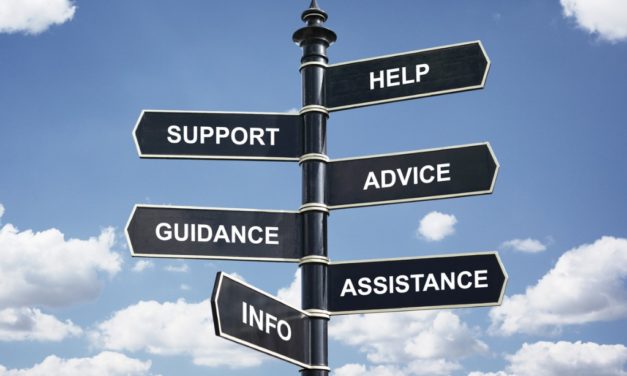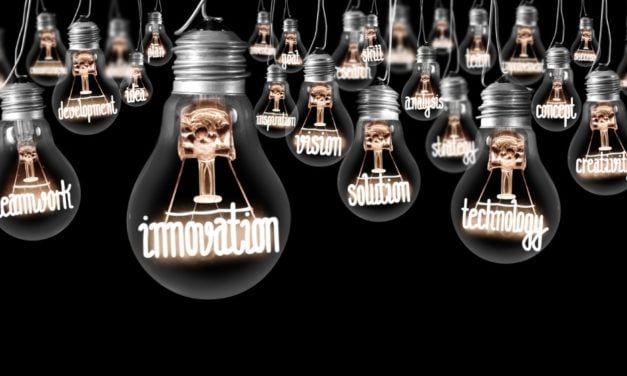Niamh Parker, a busy career woman and mother-of-four children ranging in age from eleven to three, says that work is “all about results and getting things done. But at the end of the day, it’s about having a growth mindset. If you help your employees to grow into their roles and feel passionate about their work and valued, then they’ll flourish.”
With this in mind, Ms Parker, CEO of BeaconAI (a privacy company that uses artificial intelligence automation for responding to GDPR) and co-founder of Altada Technology Solutions, responded to the pandemic by establishing what she calls an Employee Assistance Programme (EAP).
“We were thinking about how we could support our people that were having to adjust to home-working,” says Ms Parker. Online yoga on Thursdays was the first offering to the twenty-nine employees in across the two companies.
“When the news was coming in of people dying from Covid, staff were really anxious. So to help support employees, we set up the EAP which involves a business coach, external counselling and a wellness mentor.”
Ms Parker, who is in business with her husband, Allan Beechinor, points out that people don’t usually ask for help in the workplace. Because of the pandemic, many struggled to organise childcare. “At Zoom meetings, employees sometimes had babies and small children on their laps. We wanted to help our employees to adjust to working from home.
“We were saying, this isn’t going to be forever. And we wanted to let our employees know that they’re really important to us and we wanted to help support them. Through the EAP, we are saying that our staff belong to our ‘family’.”
Speaking from her own experience, Ms Parker admits there were weeks when she wondered how she was going to keep going. “There are things that people might think are trivial. But when your hair has gone grey, you can’t get out of the house, your children are under your feet and you have to respond to a tender or a proposal, the only way you can continue is by asking for support.
What I’ve learned is that people, women especially, won’t ask for support. But to get through this whole pandemic, there has to be support mechanisms in place. People were minimising their own emotions. But they have anxiety in these uncertain times. It’s ok to feel like that. You shouldn’t have to minimise the fact that you’re under pressure and are in need of help.”
Ms Parker encourages staff to take a day off out of their annual leave, to relieve some of the pressure they’re under. “We took a similar approach with our clients, some of whom couldn’t pay us. We were being supportive and still providing a service to them even though they were unable to pay their license fee.”
But is such an approach good for business? Ms Parker says that a number of partnerships were established during the height of the pandemic. “That accelerated our growth for 2021.”

As part of the EAP, employees are availing of counselling every two weeks. “It has been so helpful,” says Ms Parker who learned from her sessions “that everything is about relationships and business relationships are just as important as our personal ones. Of course, you may not share your personal problems with your boss but you will do that with an external counsellor. There has been a great uptake in counselling and the business coach has been helping people wondering how they were going to manage their time.”
When the schools were closed, Ms Parker said she and her employees “had to adapt and be more present at home. I don’t mean we weren’t present before the pandemic, but we were definitely less present.”
Now, thanks to the EAP, Ms Parker says everyone is in control of their work and domestic environments. “Coming through the pandemic has been very powerful for our team. We’ve developed a really collegiate way of working. And we are nurturing the work/life balance.”
Most of Ms Parker’s team – about 90% – are working from home. She prefers face-to-face communication. “I personally have Zoom fatigue. I prefer a phone call. But we have adapted. And everybody double checks each other’s work. We have a ‘buddy system’. So when we make mistakes, we recognise them and take ownership of them. And there have been mistakes. But we’re learning from them.”
Providing a counsellor, a business coach, and a wellness mentor for employees is an additional cost. “But it’s going to pay dividends in the long run. A happier workforce is the result. People feel they belong and that we care.”
Looking ahead, Ms Parker says she would hope to have a hybrid model at work with employees working from home half the time and spending the other half at the office. With the supportive working environment that she describes, nobody should dread coming to work.










